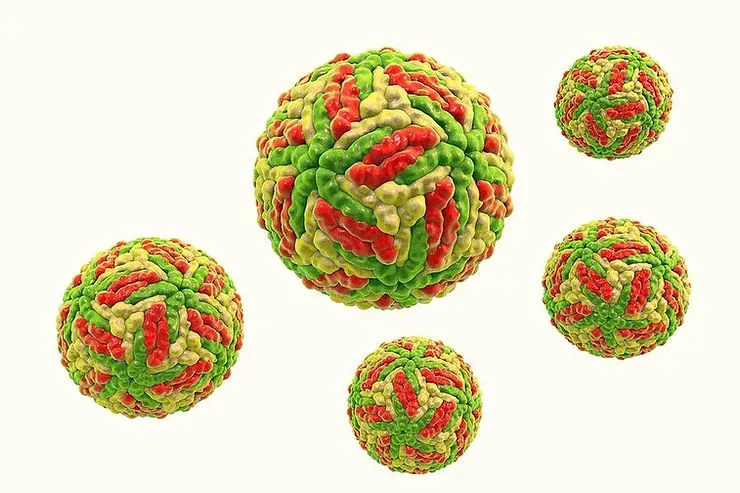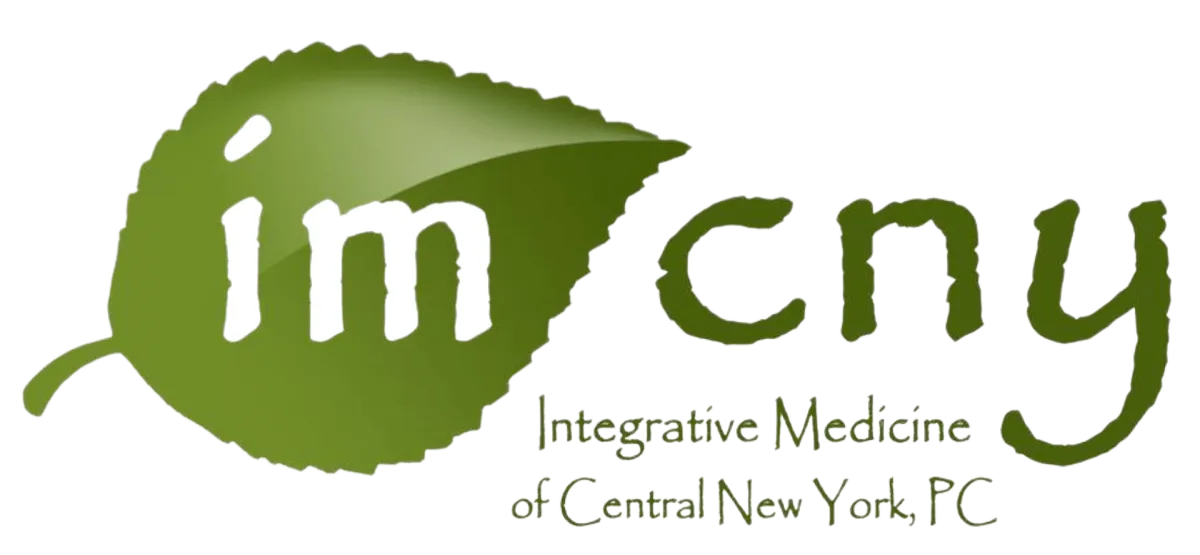Press
IM of CNY in the News

Lyme Coinfection Series-Powassan Virus
“Knowledge itself is power” ~ Sir Francis Bacon
Overview:
The transmission of the Powassan virus — unlike many other tick-borne microbes — can occur very quickly, as soon as 15 minutes after tick attachment. Powassan virus causes tick-borne encephalitis.
Tick-borne encephalitis, or TBE, is a human viral infectious disease involving the central nervous system. TBE is caused by the tick-borne encephalitis virus (TBEV), a member of the family Flaviviridae, and was initially isolated in 1937.
Stats & Facts:
Powassan virus has been found in one to two percent of Ixodes scapularis (also known as the deer tick, black-legged tick, bear tick) ticks in specific regions of the upper mid-west and the northeastern U.S. Given that so few patients in the United States are known to develop Powassan Virus Disease (7-8 cases/year), it is assumed that most people who get infected after a tick bite create natural antibodies that neutralize the infection and do not even know they were infected.
Powassan virus is also transmitted by the Ixodes cookei (or woodchuck tick). Woodchuck ticks can be found anywhere east of the Rocky Mountains, particularly in New England, the northern Midwest, around the Great Lakes, and into southern Canada. They are among the most common tick species in Maine, though they are typically found in and around the dens and nests of their host.
Woodchuck ticks most commonly feed on woodchucks and other small mammals, including raccoons, foxes, skunks, weasels, porcupines, dogs, and cats. They have also been found to feed on a number of bird species including robins. Woodchuck ticks will occasionally feed on humans. The life cycle of the woodchuck tick is highly dependent on environmental conditions and host availability. Woodchuck ticks can be encountered throughout the summer months with numbers peaking during July. The ability of woodchuck ticks to live for long periods without a blood meal allows them to survive for a year or more without a host.
Symptoms:
Symptoms may include fever, vomiting, muscle weakness, headaches, confusion, lack of coordination, speech problems, memory problems, and seizures. When the infection spreads to the central nervous system, meningitis or encephalitis with seizures may occur. Persistent symptoms such as muscle wasting, chronic headaches, and memory problems may occur.
Approximately 1 out of 10 people with severe disease die. Approximately half of the people who survive severe disease have long-term health problems such as recurring headaches, loss of muscle mass and strength, and memory problems; so, although it is uncommon, infection with Powassan virus can be very serious.
Diagnosis and Treatment:
During the first phase of the disease, the most common laboratory abnormalities are a low white blood cell count (leukopenia) and a low platelet count (thrombocytopenia). Liver enzymes in the serum may also be mildly elevated.
After the onset of neurologic disease during the second phase, an increase in the number of white blood cells in the blood and the cerebrospinal fluid (CSF) is usually found.
Laboratory diagnosis usually depends on detection of specific IgM in either blood or CSF, usually appearing later, during the second phase of the disease.
Find an expert:
If your feel you may have Powassan or any tick-borne illness, and your health care provider is not knowledgeable about testing and treatment, contact Integrative Medicine of Central New York to schedule your initial consultation.
Dr. Puc has been trained in tick-borne disease and is knowledgeable and aware of current testing and treatment of Lyme disease and other coinfections such as the Powassan virus.
Contact the office for more information at (315) 741-5774.
This blog is part of our Lyme Disease and Coinfection series. Please be sure to check out the other blogs in our series or subscribe to our newsletter for more information.
References:
https://www.columbia-lyme.org/powassan-virus
https://www.lymedisease.org/lyme-basics/co-infections/other-co-infections/
http://www.lymeticks.org/coinfections
https://extension.umaine.edu/ticks/maine-ticks/woodchuck-tick/
Are you searching for financing options to cover your medical treatments and procedures? Consider applying for the Advance Care Card.

Subscribe to Our
Newsletter and Updates
LOCATION
1386 State Route 5 West Suite 203
Chittenango, NY 13037
OFFICE HOURS
Monday: 8 am - 4 pm
Tuesday: 8 am - 4:30 pm
Wednesday: 8 am - 5 pm
Thursday: 8 am - 4:30 pm





